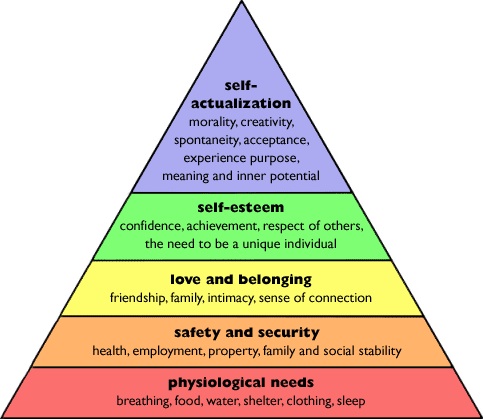As a grassroots coach, it is
your duty to help young referees develop a passion for officiating.
Sadly, many
referees do not last past the first few years on the job. All it takes is one comment from one bozo to make it a bad experience. This is in all sports.
All three of my sons officiated at one point or another. It was not uncommon for them to show up, drop their stuff on the side, be ignored, get the game sheets and start the game.
Young people are not small adults, they're young people. They don't all have the social graces to break the ice and jump into conversation.
"Ensure that a young referee leaves the park wanting to officiate another game. "
Put yourself in their shoes. There are two teams, probably 4-6 coaches in tracksuits that don't fit properly and an army of lawn chairs on the other side of the field... and the referee is all alone.
How can you help them?
- Educate your parents on the importance of encouraging young referees and to not berate them for a missed call in a U9 game.
- As an adult, you have some coercive power over a young adult. Don't abuse that power.
- When the referee arrives, welcome them, introduce yourself and your assistants. Shake their hand, focus on them for a few minutes.
- The referee should review everything with you. If they don't have the confidence to address you, why don't you call the other coach over and help get that started for them.
- PAY THEM, don't make them ask.
- If you know them personally, do not address them by name but as "Referee".
- If they don't bring it up, ask the referee if they would like volunteers to put a flag up if the ball goes over the touch line.
- Confirm game parameters with the referee. Ask, don't dictate, they're the ref. Length of half, substitution rules, retreat line, etc.
- Give them friendly reminders worded in a way that doesn't attack them . "Referee, if you don't mind, can you remember to blow your whistle a little louder and state the call clearly. My kids don't always pay attention and it helps me see who is learning and who needs extra reminders. I really appreciate it." If you don't have the skills to reword sentences, maybe it's best you just smiled and leave the official alone :)
- Keep calm during games. If you yell at the referee once, you've given permission to your team parents for all of your parents to do it.
- At half, ask if they need a drink. They're kids and kids forget to pack things.
- Remind the referee to stay on the field after the game so the kids can shake their hand. Some will quickly retreat to their bag on the side.
- Ensure ALL of your players shake the referee's hand after a match.
- If you have treats after your games, offer one to the referee.
- Before they leave, smile and politely ask if they have their pay envelope. If you've coached enough then you have found the occasional envelope floating around with money in it.
- The referee will walk through a gauntlet of adults on their way out. It doesn't hurt for the occasional adult to say "Good job Ref!". I would even suggest that you quietly appoint several parents to get that started. It's contagious.
- Ensure that a young referee leaves the park wanting to officiate another game.
- If your club has a head referee, give them some constructive feedback on that official if you feel some is warranted. Do not address that with the official yourself, it's not your place and not the time.
With each passing game, if coaches are helpful, the referee will take on more of the tasks themselves.
If our young officials do not stay in the game, the game will pay a dear price in the future. Think about that before you decide to say something silly about a missed call in a game that will mean nothing to anybody in an hour's time.
If they stay in the game and develop, as does a player, they will learn to deal with the heat and stress of competition and be better equipped to handle it.
At the Welland Soccer Club we are fortunate. Our head referee is always working with our young officials and provides periodic educational sessions and feedback. He has taken the job beyond scheduling.
A referee who is passionate can
explore the soccer world (updated link) the same way a player or coach can. Help them along that path.





